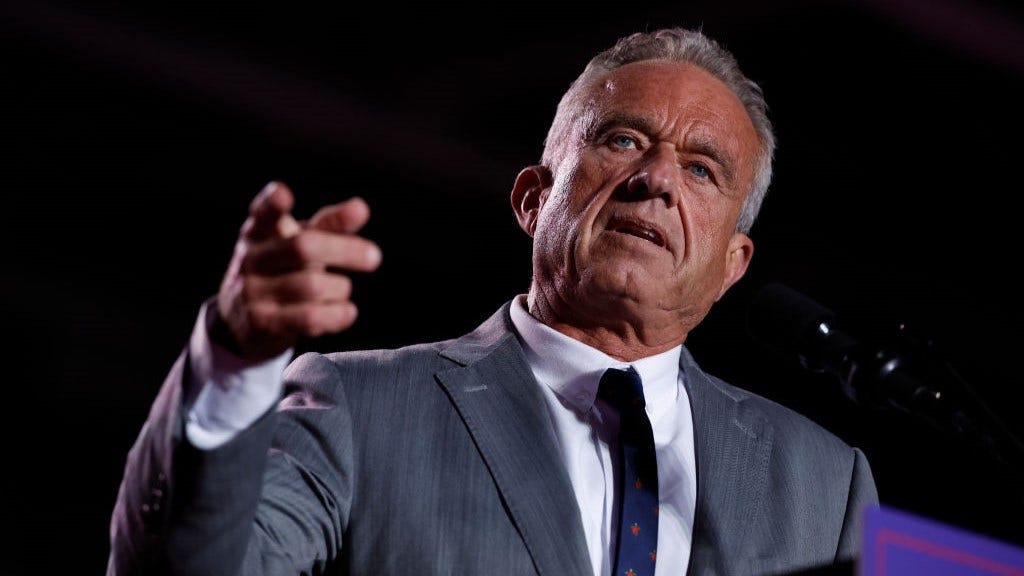Scraps of the tale — a short account in Simon Sebag Montefiore’s 2011 book “Jerusalem”; a mention of an “archaeological dig” in the Ottoman archives — had turned at least six others like me onto it. We were all tracking down sources and shaping our notes into book proposals at around the same time.
When we learned of one another’s existence, it felt a little awkward.
The person to tell us was Nirit Shalev-Khalifa, a curator at the Yad Ben Zvi Institute in Jerusalem, who had recognized the story’s power years before any of us had. In 1995, Nirit, then early in her career but with characteristic resolve, tracked down a box of glass negatives from the expedition, enlisted a student to locate the great-grandson of Valter Juvelius in Finland and reached out to my grandfather in England. My grandfather gave her a few photos and documents, and in 1996 she staged an exhibition on the Parker expedition, her paper on it making her a key contact for everyone who came to the story later, looking for sources.
This could have been an annoying position for Nirit to find herself in, but she occupied it with relish. She welcomed each of us who wrote to her as though she were our party host, passing on news of our fellow expedition explorers and enjoying the coincidence that these books were all happening at once.
It seemed less thrilling to me. I felt my loose connection to Great-Great-Uncle Monty shift into possessiveness: Who were these people writing about what I felt, unjustly, to be my story?
They were a diverse group, Nirit explained, and erudite: Louis Fishman, a professor of history at Brooklyn College, who found a dossier on the dig in the Ottoman archives; Timo Stewart, a Finnish researcher whose book focuses on Juvelius; Graham Addison, a retired British businessman turned history writer; and Andrew Lawler, an American journalist studying underground Jerusalem.
Eleven days after telling me about these men, Nirit emailed with a smiling emoji about “the new guy in town”: Brad Ricca, an author in Cleveland who writes books that blend fact and fiction. And four months after that, my dad was sitting down for dinner one evening when Nirit rang to introduce him to Lior Hanani, a young Israeli software developer who chose the expedition as the basis for his debut novel.
Nirit envisaged a conference that would explore our collective research, and decided to introduce us to one another on Zoom. Some of us admitted to feeling nervous, even competitive. But Nirit’s enthusiasm was a diffusing force. There was enough room in the world for each of our approaches — journalistic, novelistic and academic — she insisted.




















Discussion about this post